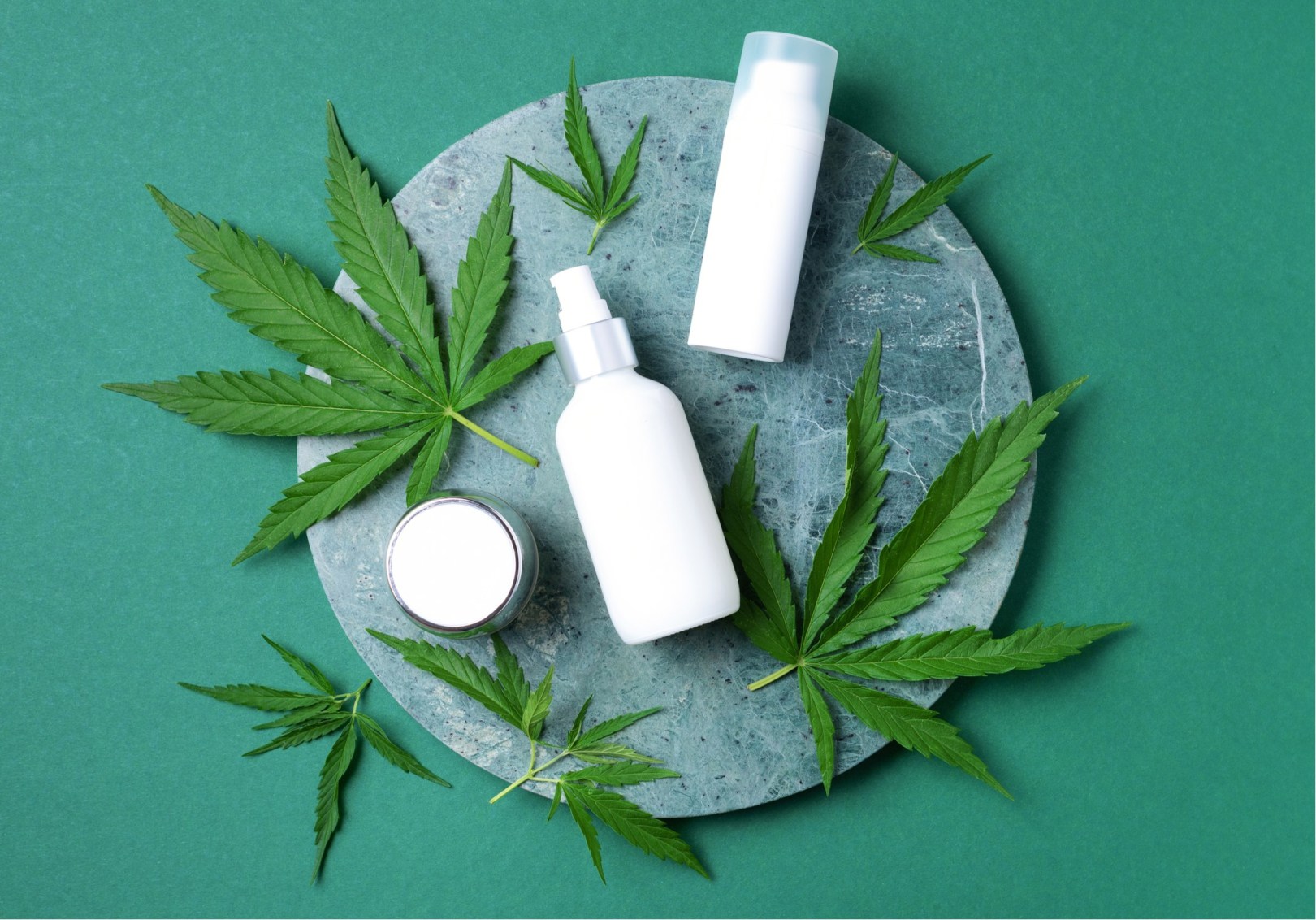What is Cannabis Industry White-Labeling?

Getting a cannabis license and building a brand in the industry can be incredibly complex and daunting – which has many producers utilizing a practice known as white labeling.
White labeling, or white-label branding, is a common practice in mainstream industries in which a company removes their own brand and logo from the end product and uses another company’s brand, usually a more established one with a wider client base. This is common with many well-known brands such as 365 brand from Whole Foods Market, Costco’s Kirkland brand, and Walmart’s Great Value products – all of which are manufactured by numerous other smaller companies.
Many agree that there are some very promising opportunities for cannabis-industry white-labeling because not many companies are doing it yet.
Daniel Yi, managing partner and chief strategy officer of Bellflower, California-based product maker Inanna Manufacturing, said opportunities for white-labeling in the cannabis space are great because few companies are doing it.
“Many entrepreneurs have ideas for brands and would like to get into the cannabis industry, but they are unable to do so because they can’t get a license,” says Daniel Yi, managing partner and chief strategy officer of Bellflower, California-based product maker Inanna Manufacturing.
Yi himself got his start in the in the cannabis industry four years ago by white-labeling his products under the MedMen Enterprises brand, a company that (at the time) was a wildly successful multistate operator.
“There are a ton of people who are super good at cultivating cannabis efficiently,” Yi said. “Why spend a lot on that if you have a great retail concept? It’s more about segmenting into areas of expertise. Coca-Cola doesn’t bottle its own soda. The same thing will happen with cannabis.”
Inanna holds one of California’s Type 6 cannabis-manufacturing licenses, which allows his company to make infused products such as topicals, gummies and other baked goods. They do not grow cannabis or offer extraction services.
In California, Old Pal is a popular brand at dispensaries, with most consumers believing Old Pal is the actual company growing the flower. However, Old Pal is actually a popular white-label brand for many growers in the area.
Old Pal partners with about 100 legal cultivators, which has helped them avoid any licensing challenges faced by the growers themselves. Old Pal products can be found in about 350 cannabis stores but only operates one office with 29 employees.
This unique business model is perfect for anyone who is good at marketing and interested in working in the cannabis industry (and closely with products and retail shops), minus the hassle of keeping up with rigorous licensing practices.
- Looking for the best smokable hemp flowers? Subscribe to the CBD Flowers Weekly Newsletter.
- Looking to learn more about medical cannabis or cannabinoids? Subscribe to the Medical Cannabis Weekly newsletter.
- To learn more about Delta 8 THC subscribe to the DELTA 8 Weekly Newsletter (with special spotlight on DELTA 8 THC vape cartridges and Delta 8 THC softgels)
420 Intel is Your Source for Marijuana News
420 Intel Canada is your leading news source for the Canadian cannabis industry. Get the latest updates on Canadian cannabis stocks and developments on how Canada continues to be a major player in the worldwide recreational and medical cannabis industry.
420 Intel Canada is the Canadian Industry news outlet that will keep you updated on how these Canadian developments in recreational and medical marijuana will impact the country and the world. Our commitment is to bring you the most important cannabis news stories from across Canada every day of the week.
Marijuana industry news is a constant endeavor with new developments each day. For marijuana news across the True North, 420 Intel Canada promises to bring you quality, Canadian, cannabis industry news.
You can get 420 Intel news delivered directly to your inbox by signing up for our daily marijuana news, ensuring you’re always kept up to date on the ever-changing cannabis industry. To stay even better informed about marijuana legalization news follow us on Twitter, Facebook and LinkedIn.




